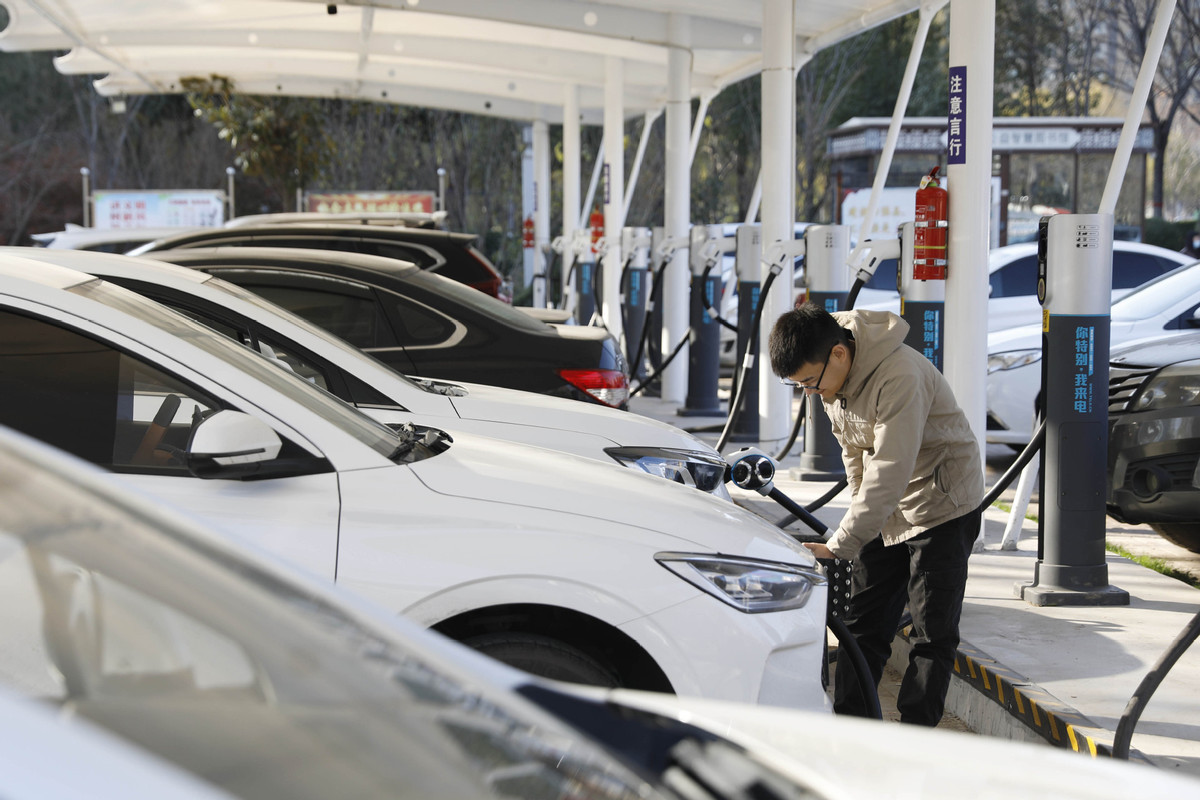New US charging station regulations to have limited impact on Chinese firms


The new US regulations for electric vehicle charging stations will have a limited impact on Chinese enterprises, Yicai.com reported on Friday, citing responses from charging station manufacturers in China.
The rules announced on Feb 15 require all federally funded electric vehicle charging stations to be produced in the United States. Additionally, starting July 2024, at least 55 percent of the charging station's component costs must come from the United States.
As a result of this news, the A-share charging station sector, which had been exceptionally hot recently, suddenly cooled down. As of the close of trading on Feb 16, the sector index fell by 3.43 percent, with companies that had previously announced overseas expansion plans leading the decline, including Juhua Technology, Daotong Technology, and Shenghong, according to the report.
However, US EV maker Tesla said the plan to produce charging stations domestically in the United States was too aggressive. Tesla has told the US Department of Transportation that, given the speed and scale of deployment, the new regulations could lead to an insufficient number of compliant charging stations.
US companies in the industry have also said that global demand for electric vehicle charging stations is putting pressure on the supply chain, making it difficult to meet US manufacturing standards and accelerate the construction of new charging stations. They argue that requiring localization of parts too early could hinder the expansion of the charging network.
In addition to charging stations, the United States also passed the "Inflation Reduction Act" in August last year, aiming to accelerate the localization process of electric vehicle batteries. The new law strengthens "Made in America" requirements, demanding that electric vehicles must be assembled in North America, and the materials and "critical minerals" in the batteries must come from the United States or countries that have a free trade agreement with the United States. Otherwise, consumers purchasing new electric vehicles will not be able to receive a $7,500 government subsidy.
The above regulations have also directly impacted the progress of Contemporary Amperex Technology's factory construction in the United States. Recently, in order to enter the US market, CATL has decided to adopt a new cooperative construction model with Ford, in which Ford will provide funding and CATL will provide technology to circumvent the restrictions of the "Inflation Reduction Act" regulations.
Compared to the domestic market, the overseas new energy vehicle market has a more severe imbalance between the number of vehicles and the number of charging stations, which contains greater market dividends.
According to a research report from Everbright Securities, as of April 2022, the ratio of the number of electric vehicles to the number of charging stations in the United States was 21.2:1, while in the European Union was 8.5:1, with Germany at 20:1, the United Kingdom at 16:1, France at 10:1, and the Netherlands at 5:1, all showing significant gaps compared to China.
As of the end of 2022, the ratio of new energy vehicles to charging stations in China was about 2.6:1, meaning that 2.6 new energy vehicles could share one charging station.
Due to the strong demand from overseas markets, many Chinese-listed companies in the charging station business have disclosed their layout in overseas markets in 2022.
"Currently, the new regulations in the United States do not have much impact on domestic charging station companies because the number of charging stations exported to the United States by domestic companies is relatively small," said a manager of a charging station production company to the reporter of Yicai.com.
Daotong Technology said the regulation will have a relatively small impact on the company, as it has taken the policy's impact into account when formulating its 2023 sales targets. In response to the policy requirements, the company is planning to build a factory in the United States, which is expected to be established and put into operation by the end of 2023.





































